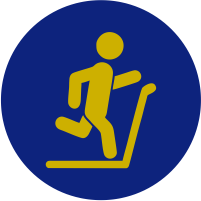Osteoporosis of the Hip
What Is Osteoporosis of the Hip?
Transient osteoporosis of the hip is an uncommon condition that causes temporary bone loss in the upper portion of the thighbone (femur).
People with transient osteoporosis of the hip will experience a sudden onset of pain that intensifies with walking or other weight-bearing activities. In many cases, the pain increases over time and may become disabling.
Painful symptoms gradually subside and usually end within 6 to 12 months. Bone strength in the hip also returns to normal in the majority of people.
Despite the name, transient osteoporosis of the hip is very different from the more common age-related osteoporosis. Age-related osteoporosis is a painless, progressive condition that leads to a weakening of the bones throughout the body.
Unlike transient osteoporosis, it can put people at greater long-term risk for fractures in different areas of the body.
What Causes Osteoporosis of the Hip?
Currently, there is no clear explanation for what causes this condition. Researchers are studying this disease and several theories have been proposed, although none are proven.
Some of the causes that have been suggested include:
- Obstruction of some of the small blood vessels that surround the hip
- Hormonal changes
- Abnormal mechanical stresses on the bone
What Are The Symptoms of Osteoporosis of the Hip?
- Sudden onset of pain, typically in the front of the thigh, the groin, the side of the hip, or the buttocks.
- Pain that intensifies with weight bearing and may lessen with rest.
- No previous accident or injury to the joint that would trigger pain.
- Slightly limited motion: gentle hip motion is usually painless, but pain may intensify with extreme motions of the hip.
- Pain that gradually increases over a period of weeks or months and may be so intense that it is disabling.
- A noticeable limp as the patient tries to protect the joint and ease the pain.
What Are The Treatment Options For Osteoporosis of the Hip?
Because transient osteoporosis resolves on its own, treatment focuses on minimizing symptoms and preventing any damage to the bones while they are weakened by the disorder.
Non-steroidal anti-inflammatory medication (NSAIDs). Drugs like ibuprofen and naproxen may relieve pain and inflammation.
Weight bearing restrictions. Your doctor may advise you to temporarily limit or completely eliminate weight-bearing activities.
Using crutches, a cane, a walker, or other walking aid, will help relieve the stress of weight bearing on the hip, and may prevent a fracture through the temporarily weakened bone.
Physical therapy. To help maintain strength and flexibility in the muscles supporting your hip, your doctor may also recommend a series of exercises that you can do as the pain subsides. Water exercises may be helpful not only because they ease movement, but also because they relieve weight bearing.
Nutrition. Proper nutrition, including Vitamin D and calcium, may help promote the healing process and rebuilding of bone.
Our team is here for you
We offer the best, least invasive and least aggressive options to relieve your pain and symptoms so you can get back to the life you love. Atlantic Orthopaedic Specialists Joint Replacement Care Center has convenient locations in Virginia Beach, Norfolk and Chesapeake.




